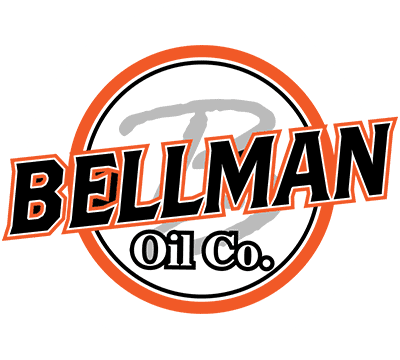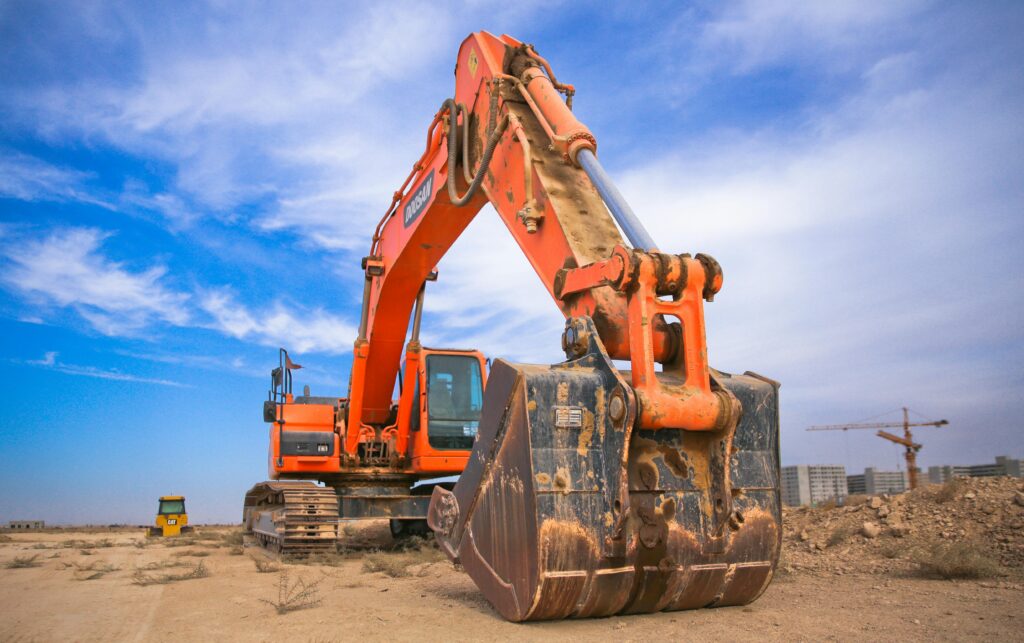Hydraulic systems are the backbone of numerous industries, powering machinery like construction equipment, vehicles, and manufacturing tools. The efficiency and longevity of these systems heavily depend on the hydraulic fluid used. Choosing the right hydraulic fluid is crucial for prolonging the lifespan of equipment and hitting optimal performance. Let’s explore the different kinds of hydraulic fluids and their applications, helping you make the right choice for your machinery.
What are hydraulic fluids?
Hydraulic fluids are the medium through which power is transmitted in hydraulic systems. Beyond power transmission, they also provide lubrication, which reduces wear and tear and dissipates heat during operation. This kind of fluid can also remove contaminants, like dust and debris, from machinery, ensuring that the system remains clean. Hydraulic fluids are an essential component of nearly every machine. However, there are numerous kinds of hydraulic fluids, making it challenging to determine which kind is the right one.
Four Types of Hydraulic Fluids
Choosing the best hydraulic fluid for your machinery requires understanding the types available, their specific properties, and their applications. Here are the main categories of hydraulic fluid:
1. Mineral Oil-Based Fluids
Mineral oil-based fluids are derived from refined crude oil and are the most common kind of hydraulic fluid. This kind of oil provides excellent lubrication and is very cost-effective. However, they are flammable and may not be suitable for applications requiring fire resistance. Mineral oil-based fluids are most commonly used in general industrial machinery, mobile equipment, and automotive systems.
Advantages:
- Good lubrication properties
- Cost-effective
- Wide availability
Disadvantages:
- Flammable
- Limited temperature range
2. Synthetic Fluids
Synthetic hydraulic fluids are chemically engineered to provide superior performance under extreme conditions. They offer excellent lubrication, stability, and efficiency in both high and low temperatures and can operate with minimal issues in high and low temperatures and high pressure. Synthetic fluids are commonly used in aerospace equipment, high-performance industrial machinery, and extreme weather conditions.
Advantages:
- High viscosity index
- Excellent oxidation resistance
- Wide operating temperature range
Disadvantages:
- Higher cost compared to mineral oils
- Potential compatibility issues with certain seals
3. Water-Based Fluids
Water-based hydraulic fluids are primarily used in applications where fire resistance is crucial, like in mining operations. They are less flammable than oil-based fluids but offer less lubrication. There are two kinds of water-based hydraulic fluids: water-glycol fluids and water-oil emulsions. Water-glycol fluids are a mixture of water and glycol, offering superior fire resistance. Water-oil emulsions blend water and oil, maximizing fire resistance and lubrication.
Advantages:
- Excellent fire resistance
- Environmentally friendly
Disadvantages:
- Lower lubrication properties
- Potential for corrosion
4. Biodegradable Fluids
Biodegradable hydraulic fluids are designed for environmentally sensitive applications. However, they can be used in place of mineral-oil-based fluids in most applications. They are typically made from vegetable oils or synthetic esters and are used where there is a risk of fluid leakage into the environment. This is ideal for forestry equipment, agricultural machinery, and marine operations.
Advantages:
- Environmentally friendly
- Low toxicity
Disadvantages:
- Higher cost
- Potential for shorter fluid life
Matching Hydraulic Fluids to Applications
Choosing the correct hydraulic fluid depends on the specific demands of your machinery and the operating environment. Below, we outline considerations for matching fluids to applications:
- High-Pressure Systems: Synthetic fluids are ideal for handling advanced industrial hydraulic systems’ high temperatures and pressures.
- Environmentally Sensitive Areas: Biodegradable fluids are essential for industries like agriculture, forestry, or marine operations where environmental impact is a concern.
- Fire-Prone Workplaces: Water-based hydraulic fluids, especially water-glycol types, offer critical fire resistance in steel mills and foundries.
- Extreme Temperature Areas and Systems: For systems that conduct high heat or are located in extreme temperatures, synthetic fluids are the best choice.
- General Purpose Use: Mineral oil-based fluids are cost-effective and versatile for less demanding applications.
Matching the right fluid to your system’s needs and environment ensures optimal performance and fluid longevity and helps avoid costly downtime.
The Impact of Choosing the Right Hydraulic Fluid
Using the right hydraulic fluid not only allows your operations to maintain optimal performance but also protects your equipment’s lifespan. Conversely, using the wrong fluid in your machinery can result in increased wear and tear, reduced efficiency, unexpected breakdowns, and higher costs. When systems don’t have the right lubrication, components will degrade faster, requiring expensive maintenance. Additionally, fluids with the wrong viscosity level can hinder system responsiveness and increase energy consumption. This can also lead to system failures. Ultimately, choosing the wrong hydraulic fluid increases operational costs through unexpected downtime, repairs, and frequent fluid replacements.
Tips for Maintaining Hydraulic Fluids
Though choosing the right hydraulic fluid can optimize performance and prolong the lifespan of your equipment, even the best fluids require proper care to perform. Follow these tips to maintain hydraulic fluids:
-
Monitor Fluid Levels
Regularly check and top off fluids to maintain consistent system performance.
-
Check for Contamination
Inspect for water, dirt, or metal particles that could impair fluid quality.
-
Use Proper Storage
Store fluids in clean, sealed containers to prevent contamination.
-
Change Fluids on Schedule
Follow the manufacturer’s recommendations for fluid replacement intervals.
-
Utilize Fluid Analysis
Periodic lab tests can detect early signs of degradation or contamination.
Why partner with Bellman Oil for hydraulic solutions?
At Bellman Oil, we specialize in providing industrial hydraulic solutions tailored to your specific needs. Whether you’re looking for the best hydraulic fluids for high-performance machinery or need expert guidance on choosing hydraulic oils, we are here to help. We are committed to helping you make informed choices for your hydraulic systems.
Contact us today to discover how we can power your operations with the right hydraulic solutions!





